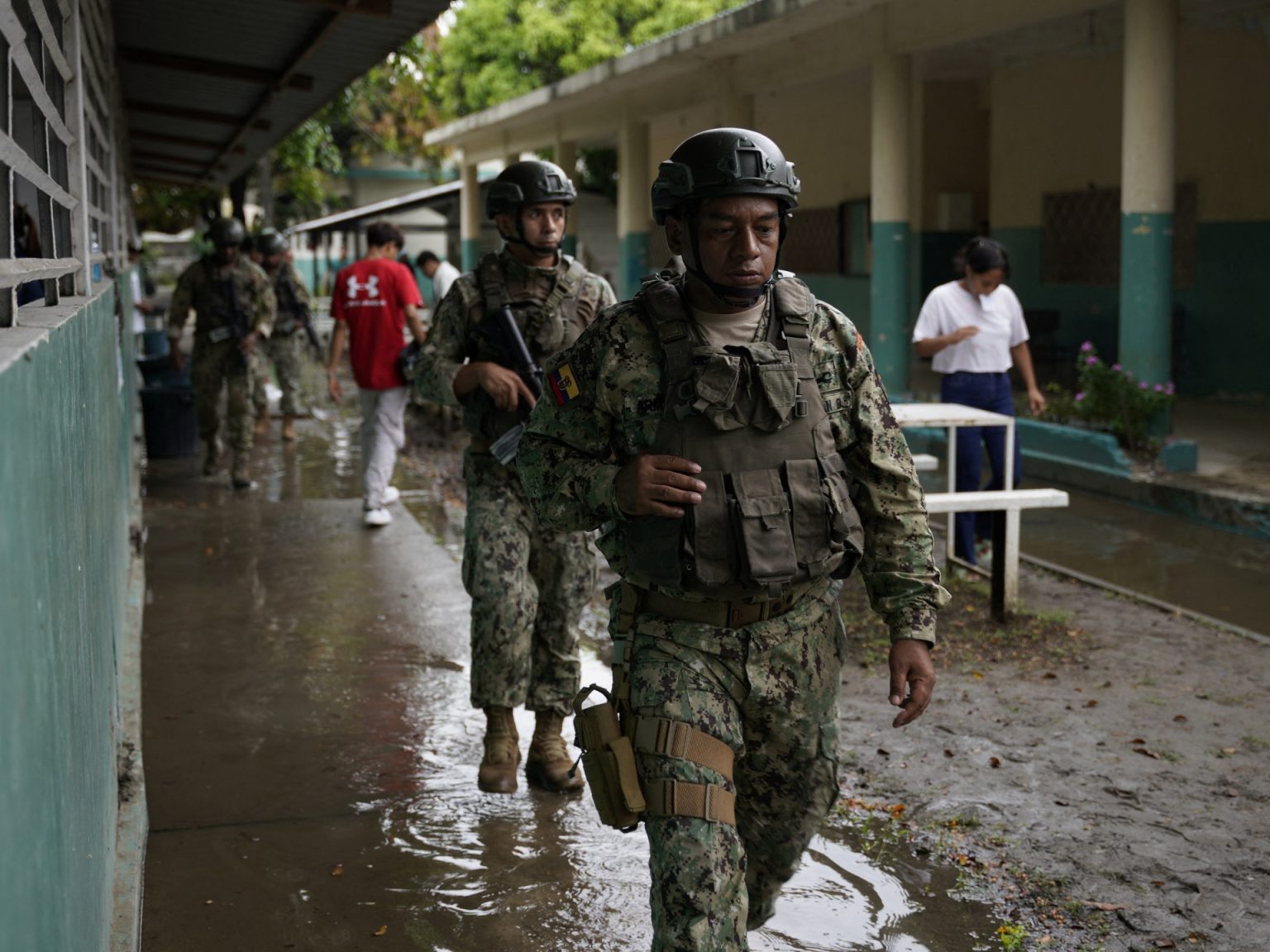Human Rights Watch (HRW) conducted an investigation into the events leading up to the death of Venezuelan refugee Wilfredo Vega, denouncing the shooting as an “apparent extrajudicial execution” in a letter to President Noboa. HRW revealed that an autopsy report showed Vega’s body had four projectile wounds, leading to his death from internal bleeding. Witnesses stated that the soldiers were slow to provide aid to Vega despite his life-threatening injuries, delaying calling an ambulance which was crucial due to the severity of his wounds. The lawyer representing the Vega family, Abraham Aguirre García, believes the military intended to kill Vega and did not follow the proper protocols for the use of force.
According to the military’s version of events in a social media post, Vega and his companion received first aid from the local fire department at the scene before being transferred to a health facility. Military commander Carlos Salvador claimed that the soldiers aimed at the Chevrolet’s wheels and not at its passengers, attributing Vega’s death to the irregularities of the area, the vehicle’s movement, and the driver’s recklessness. The Vega family has called for a ballistic examination to create a three-dimensional model of the crime scene to gain a better understanding of the circumstances surrounding the shooting. The soldiers involved in the incident are currently under investigation by a prosecutor, with the Ministry of Defence providing support to the competent authority in their investigation.
In the aftermath of the incident, Vega’s companion, Velasco, was charged with assault and resisting arrest and spent a month and a half under house arrest. However, a local judge eventually closed the investigation into Velasco’s behavior and set him free on April 10. The Attorney General’s Office is investigating the soldiers for the use of excessive force, as the military’s actions are being scrutinized for not following proper procedures in dealing with the situation. The family of Wilfredo Vega continues to seek justice for his death and is working with legal representatives to hold the military accountable for their actions.
The case has raised concerns about human rights abuses committed by the military, as HRW detailed the slow response of soldiers to provide aid to Vega, contributing to his death from internal bleeding. The soldiers’ failure to follow protocol in the use of force, as noted by Aguirre, highlights the need for accountability within the military and for proper training to prevent similar incidents in the future. The ongoing legal proceedings against the military are essential in seeking justice for Vega and ensuring that proper measures are in place to protect the rights of individuals in similar situations in the future.
The Ministry of Defence has stated that they are cooperating with the investigation into the incident and are providing support to the competent authority handling the case. The military’s version of events, blaming the driver’s recklessness and the area’s irregularities for Vega’s death, has been contested by the Vega family and their legal representatives. The call for a ballistic examination to create a detailed model of the crime scene aims to shed light on the specifics of the shooting and hold those responsible accountable for their actions. The ongoing investigation and legal proceedings will be crucial in determining the truth behind the events leading to Wilfredo Vega’s untimely death and delivering justice for his family.


